The Spices and Herbs of Kerala
A Journey into Ayurveda and Wellness |IA-KERALA-SPICES-TOUR
Kerala, known as the 'Spice Garden of India,' is home to a variety of spices and medicinal herbs that not only enhance the flavor of food but also play a vital role in Ayurvedic healing. The lush spice and herbal gardens across Kerala offer visitors a chance to experience the aromatic world of spices, holistic wellness, and nature up close.
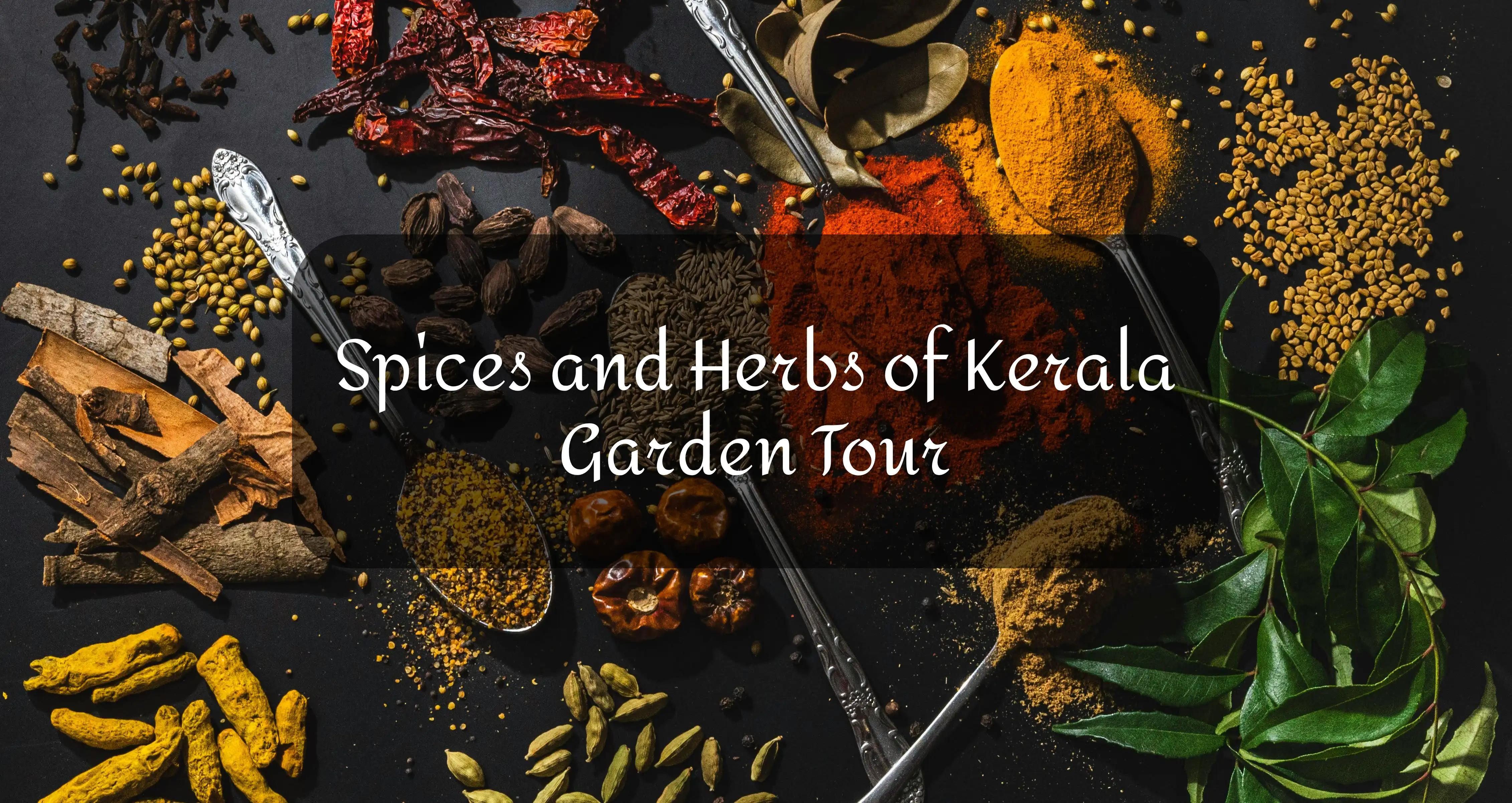
Top Spices Grown in Kerala and Their Ayurvedic Benefits
| Sr. No. | Spice Name (Hindi) | Image | Ayurvedic Benefits | Common Usage |
|---|---|---|---|---|
| 1 | Black Pepper (काली मिर्च) | 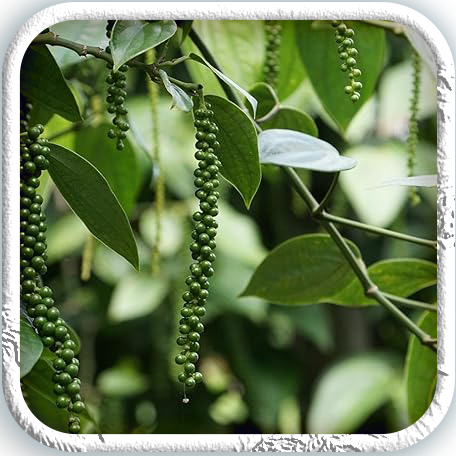 | Detoxifies the body, improves digestion, relieves cough and cold. | Add to herbal tea or detox drinks. |
| 2 | Cardamom (हरी इलायची) | 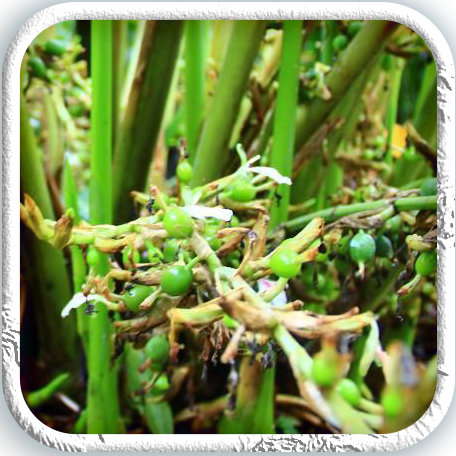 | Soothes digestion, improves appetite, relieves stress. | Chew after meals or add to chai for relaxation. |
| 3 | Turmeric (हल्दी) | 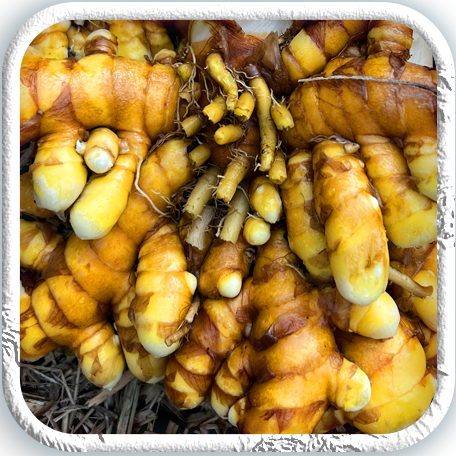 | Anti-inflammatory, boosts immunity, promotes wound healing. | Mix in warm milk or apply as a paste for skin health. |
| 4 | Cinnamon (दालचीनी) | 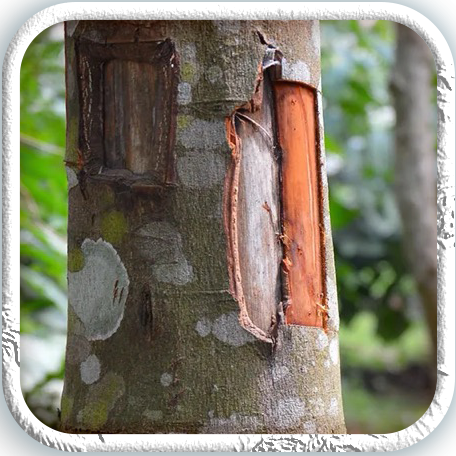 | Regulates blood sugar, improves heart health, aids digestion. | Add to warm water with honey to boost metabolism. |
| 5 | Ginger (अदरक) | 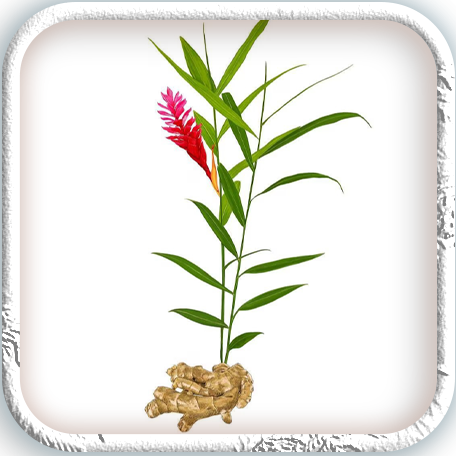 | Boosts immunity, improves circulation, reduces nausea. | Drink ginger tea for cold relief or chew raw ginger for nausea. |
| 6 | Cloves (लौंग) | 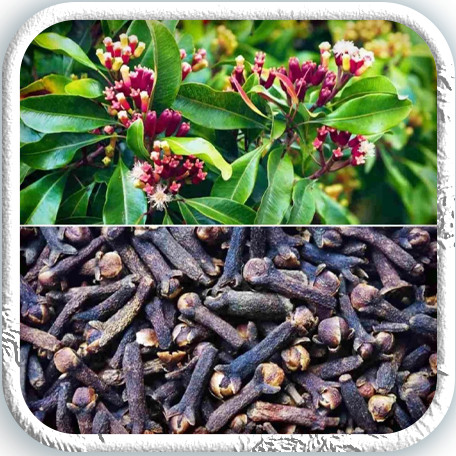 | Relieves toothache, aids digestion, treats respiratory issues. | Use clove oil for pain relief or add to tea for respiratory health. |
Medicinal Herbs Grown in Kerala and Their Ayurvedic Uses
| Sr. No. | Herb Name (Hindi) | Image | Ayurvedic Benefits | Common Usage |
|---|---|---|---|---|
| 1 | Ashwagandha (अश्वगंधा) | 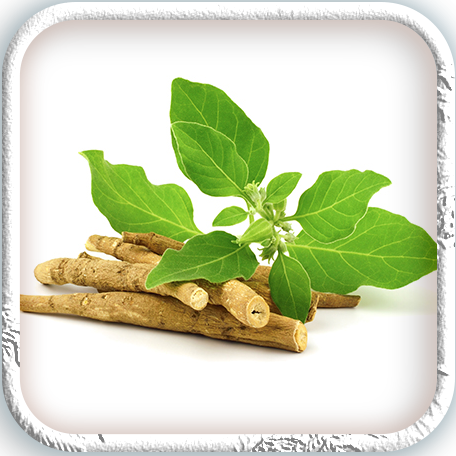 | Reduces stress, enhances immunity, boosts energy. | Mix Ashwagandha powder with warm milk to relieve anxiety. |
| 2 | Neem (नीम) | 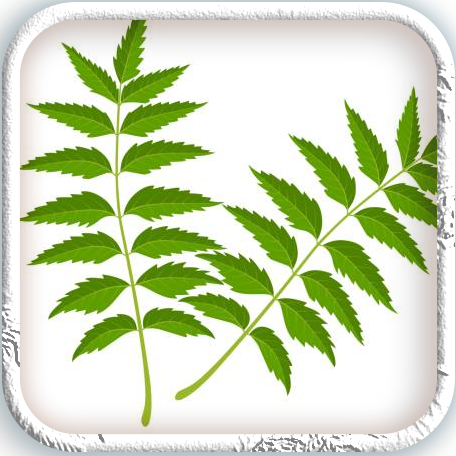 | Purifies the blood, treats skin diseases, boosts immunity. | Apply neem paste for acne or consume neem tablets for detox. |
| 3 | Tulsi (तुलसी) | 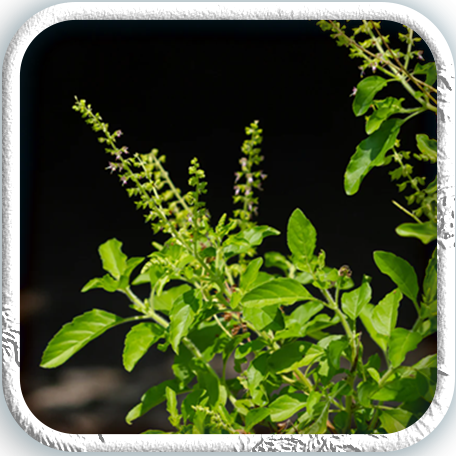 | Strengthens immunity, relieves cough, detoxifies the body. | Drink tulsi tea for respiratory health. |
| 4 | Brahmi (ब्राह्मी) | 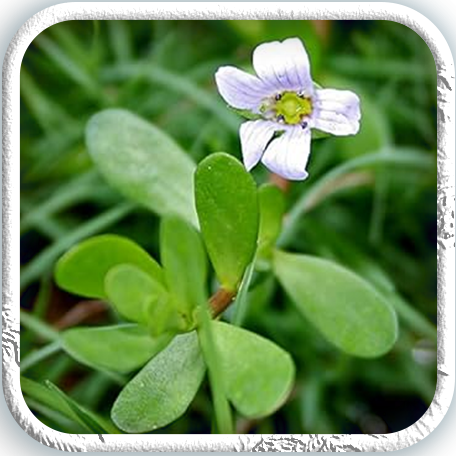 | Improves memory, reduces stress, enhances mental clarity. | Consume Brahmi powder or juice for cognitive wellness. |
| 5 | Aloe Vera (घृतकुमारी) | 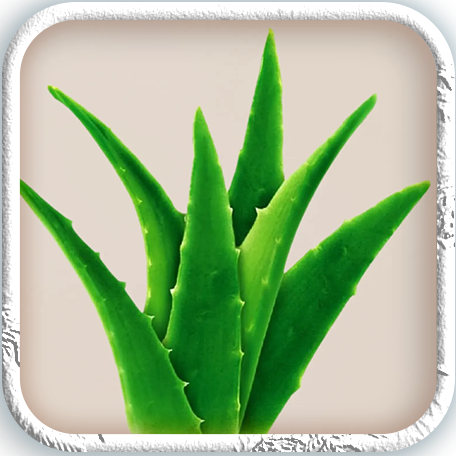 | Heals skin issues, aids digestion, detoxifies the body. | Drink Aloe Vera juice for digestive health or apply gel for skin nourishment. |
| 6 | Shatavari (शतावरी) | 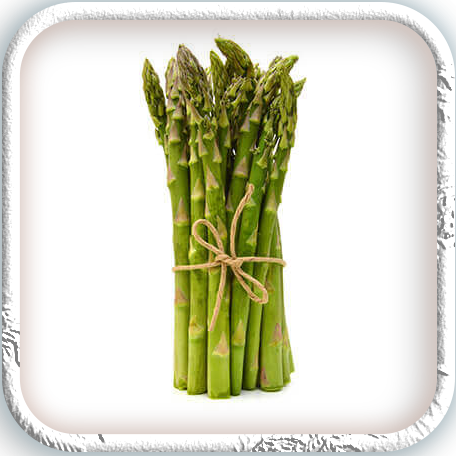 | Balances hormones, improves fertility, promotes energy. | Consume Shatavari powder with milk to support reproductive health. |
The Ayurveda Experience in Kerala
Kerala’s spice and herbal wealth play a significant role in Ayurveda, with treatments like:
Abhyanga (oil massage) : Uses herbal oils infused with turmeric, cinnamon, and vetiver.
Nasya therapy : Clears sinuses with oils derived from tulsi and clove.
Detoxification programs : Incorporate ginger, turmeric, and neem-infused herbal drinks.
These therapies promote physical, emotional, and mental well-being, helping individuals align with nature’s healing energies.
Spice and Herbal Garden Tours in Kerala
Visiting Kerala’s spice and herbal gardens offers a delightful learning experience and an opportunity to explore the region's agricultural heritage.
Top Gardens to Visit:
Thekkady Spice Plantation (View on GMap)
What to Expect : Explore plantations of black pepper, cardamom, and cinnamon.
Highlight : Ayurvedic massage centers nearby.
Abraham’s Spice Garden, Kumily (View on GMap)
What to Expect : Guided tours of organic farms with ginger, turmeric, and ashwagandha.
Highlight : Insightful lessons on the use of herbs in Ayurveda.
Green Park Ayurvedic and Spice Plantation, Thekkady (View on GMap)
What to Expect : A mix of spice plantations and herbal nurseries.
Highlight : Participate in hands-on activities like spice harvesting.
Munnar Spice Garden (View on GMap)
What to Expect : Learn about rare spices and herbs like vetiver and Shatavari.
Highlight : Enjoy scenic views of tea and spice farms together.
Wayanad Spice Plantation (View on GMap)
What to Expect : Explore organic farms nestled in lush greenery, growing herbs like Brahmi and tulsi.
Highlight : Take short treks through surrounding forests.
Entry Details and Ticket Information
Visiting Hours, Fees, and Other Information
| Details | Information |
|---|---|
| Timings | Open daily from 7:00 AM to 6:00 PM |
| Ticket Fee | ₹100 per person |
| Guide Service | A knowledgeable guide is provided with every tour to help you explore the farm and understand the significance of each herb and spice. |
What to Expect on a Spice and Herbal Garden Tour
Guided Walks : Learn about the cultivation and uses of spices and herbs in Ayurveda.
Herbal Tea Tastings : Enjoy teas made with freshly harvested herbs like tulsi and ginger.
Hands-on Activities : Try your hand at harvesting or making herbal products like oils and soaps.
Shopping Opportunities : Buy organic herbs, spices, and Ayurvedic products directly from the gardens.
Wellness Centers : Some plantations offer Ayurvedic massages and wellness programs.
Best Time to Visit Kerala's Spice Gardens
The best time to explore Kerala’s spice and herbal gardens is between September and March when the weather is pleasant, and the harvesting season is in full swing.
Plan Your Visit Today!
Take a break from the mundane and explore Kerala’s aromatic spice and herbal gardens. From black pepper plantations to Brahmi nurseries, these gardens offer an enriching and therapeutic experience for every traveler.
FAQ's
Some popular spices grown in Kerala include black pepper, cardamom, turmeric, cinnamon, cloves, nutmeg, and ginger.
Kerala’s spices like turmeric, ginger, and black pepper have anti-inflammatory and immunity-boosting properties. They are commonly used in Ayurvedic treatments for detoxification, digestion, and respiratory health.
Most spice gardens in Kerala are open daily from 7:00 AM to 6:00 PM.
The ticket fee is typically ₹100 per person, which includes a guided tour of the garden.
Yes, most spice gardens in Kerala provide knowledgeable guides to help visitors explore the plantations and learn about the uses of spices and herbs.
Some popular spice gardens include Thekkady Spice Plantation, Abraham’s Spice Garden in Kumily, Green Park Ayurvedic Plantation, Munnar Spice Garden, and Wayanad Spice Plantation.
Yes, many spice gardens in Kerala offer organic spices, herbs, and Ayurvedic products for sale.
Visitors can enjoy guided walks, herbal tea tastings, hands-on spice harvesting, and shopping for organic products. Some gardens also offer Ayurvedic massages and wellness programs.
The best time to visit spice gardens is between September and March, when the weather is pleasant and harvesting is in full swing.
Kerala is called the ‘Spice Garden of India’ due to its rich biodiversity and history of cultivating a wide range of spices, which have been traded globally for centuries.
Black pepper, grown extensively in Kerala, is known as the ‘King of Spices’ due to its global significance in culinary and medicinal uses.
Spices like turmeric and ginger help reduce inflammation, black pepper improves digestion, and cardamom relieves stress. These spices also play a key role in boosting immunity and maintaining respiratory health.
Some rare herbs found in Kerala include Brahmi (used for cognitive health), Shatavari (for hormonal balance), and Ashwagandha (for stress relief).
Yes, some gardens offer hands-on activities like spice harvesting, where visitors can learn about traditional farming practices.
Many spice gardens offer Ayurvedic massages and detox programs using herbal oils and natural ingredients from the plantations.
Yes, several spice gardens in Kerala follow organic farming practices to ensure high-quality and chemical-free spices.
Cardamom, often referred to as the ‘Queen of Spices,’ is not only a key ingredient in local cuisine but also plays a vital role in Ayurvedic medicine and religious rituals.
